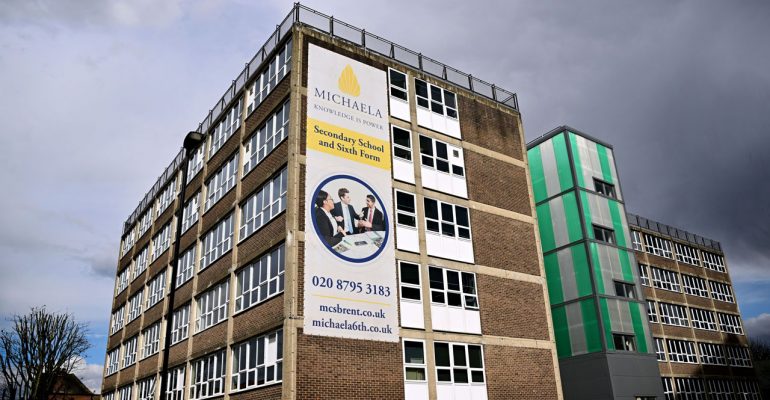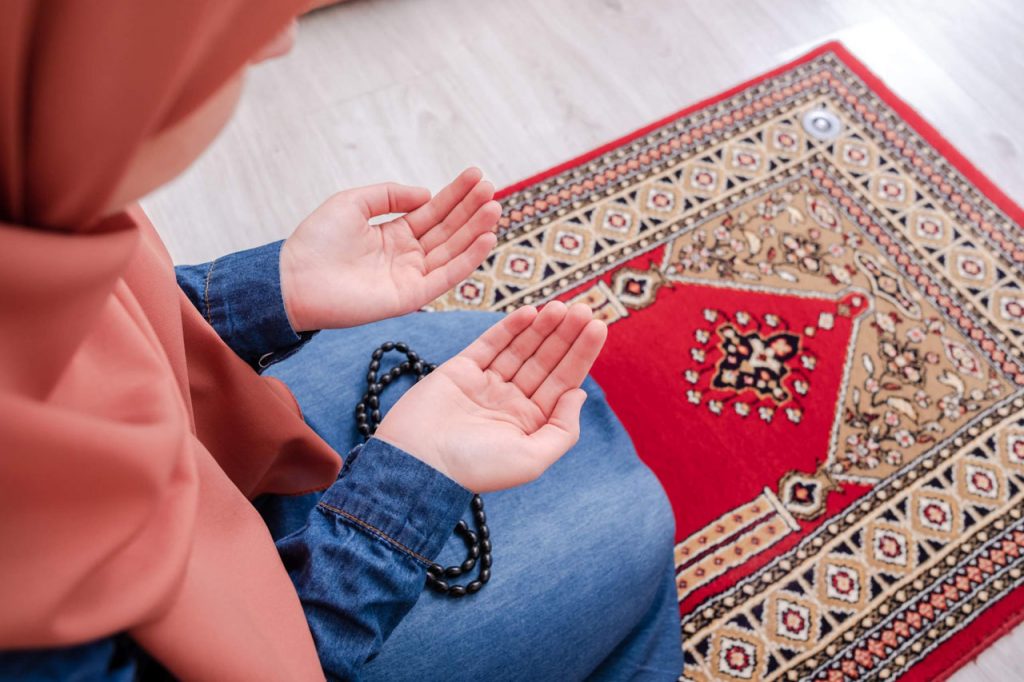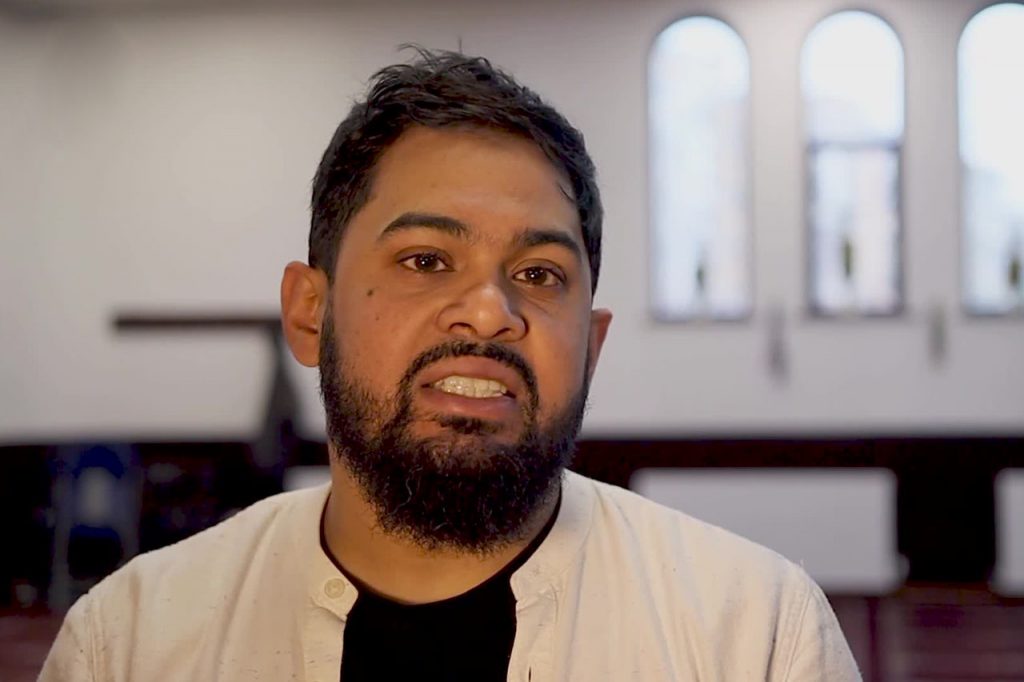UK court rules prayer ban at London school not unlawful
May 19, 2024 2024-06-11 14:48UK court rules prayer ban at London school not unlawful

UK court rules prayer ban at London school not unlawful
Student who brought case against Michaela school, saying policy was discriminatory and ‘uniquely’ affected her faith, says she was ‘disappointed’ by the ruling.
A UK court recently declared a ban on Muslim prayer at a school in London to be lawful.

The case against Michaela community school in Brent, north-west London, which is famous for its strict discipline code, was brought by a Muslim pupil, known only as TTT in court proceedings, who claimed the ban was discriminatory and breached her right to religious freedom.
The student also challenged allegedly unfair decisions to temporarily suspend her from school. The school’s lawyers claimed its prayer policy was “justified” and “proportionate” after it faced death and bomb threats linked to religious observance on site.
In the judgment handed down on April 16, Justice Thomas Linden dismissed the arguments from the pupil against the prayer ban on all key grounds, ruling that by enrolling at the school she had effectively accepted being subject to restrictions on manifesting her faith, but upheld her challenge over the exclusion.
He concluded that the prayer ritual policy was “proportionate” and its aims and ability to achieve them “outweighs” any “adverse effects” on the rights of Muslim pupils at the school.

The judge added that the pupil could perform “Qada” prayers for missing prayers earlier in the day “to mitigate the failure to pray within the allotted window.”
After the judgment, the pupil said she was disappointed, but added: “Even though I lost, I still feel that I did the right thing in seeking to challenge the ban. I tried my best, and was true to myself and my religion. Being involved in this case has not been easy for me.”
Katharine Birbalsingh, who has gained a reputation for strictness and regularly appears as a commentator on British TV, has defended her school as maintaining “a successful learning environment where children of all races and religion can thrive”.
Dr Abdul-Azim Ahmed, secretary general of the Muslim Council of Wales, told the PA news agency he was disappointed the court had failed to defend a “very well-established British principle of freedom of religion”.

“It’s not looking for preferential treatment, it’s looking for fairness in schools. It’s looking for the basic religious freedoms which have long been a part of the British public sphere.”
The case could have implications for other state schools in England amid renewed discussion about whether faith and religion should have any role in the education system.
Humanists UK chief executive, Andrew Copson, said: “Today’s high court judgment requires serious thinking from the government about how to protect the child’s freedom of religion or belief while also making sure our education system is fair and inclusive to all. Schools shouldn’t be left alone to deal with this.”
Source: The Guardian







